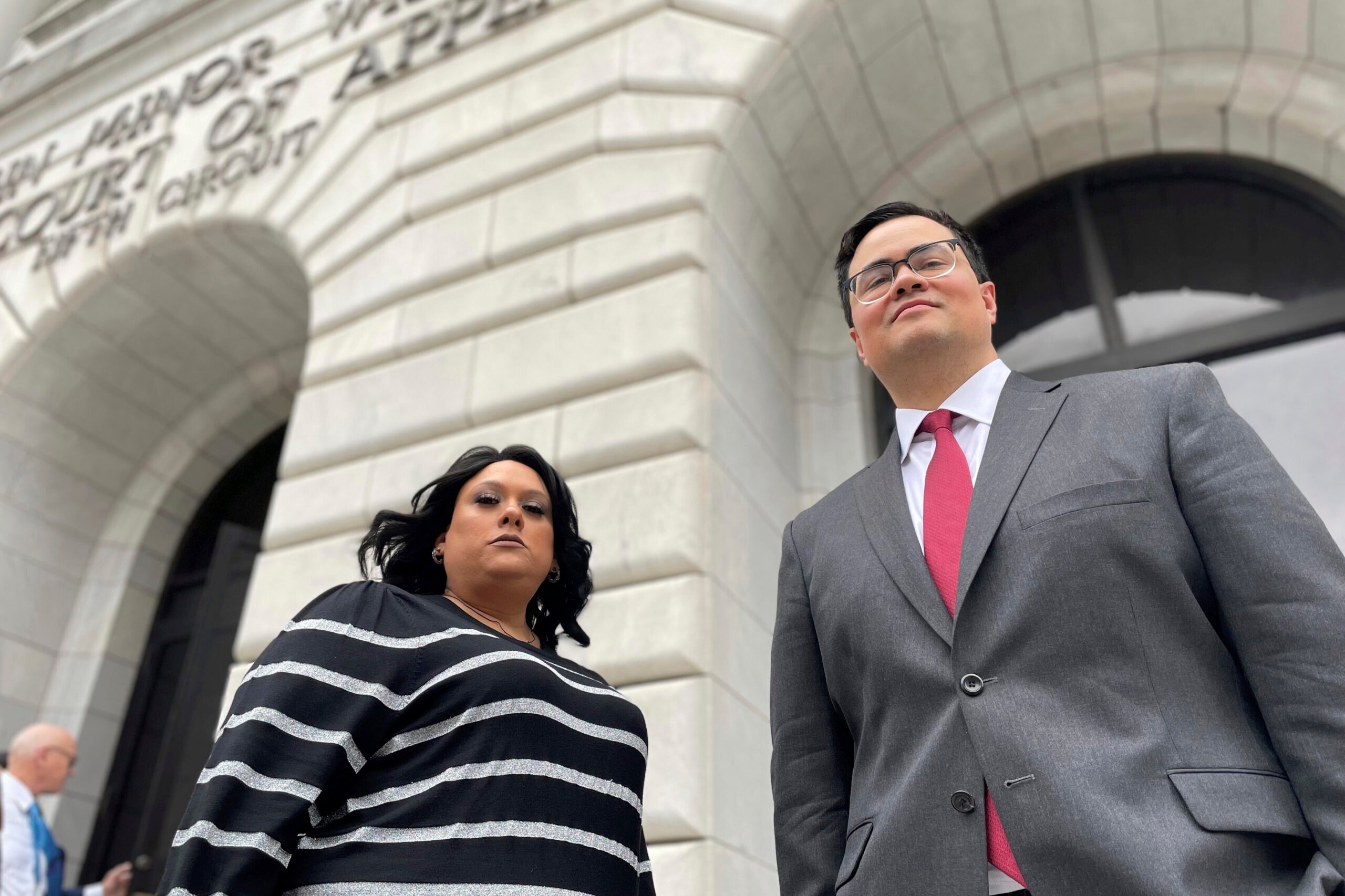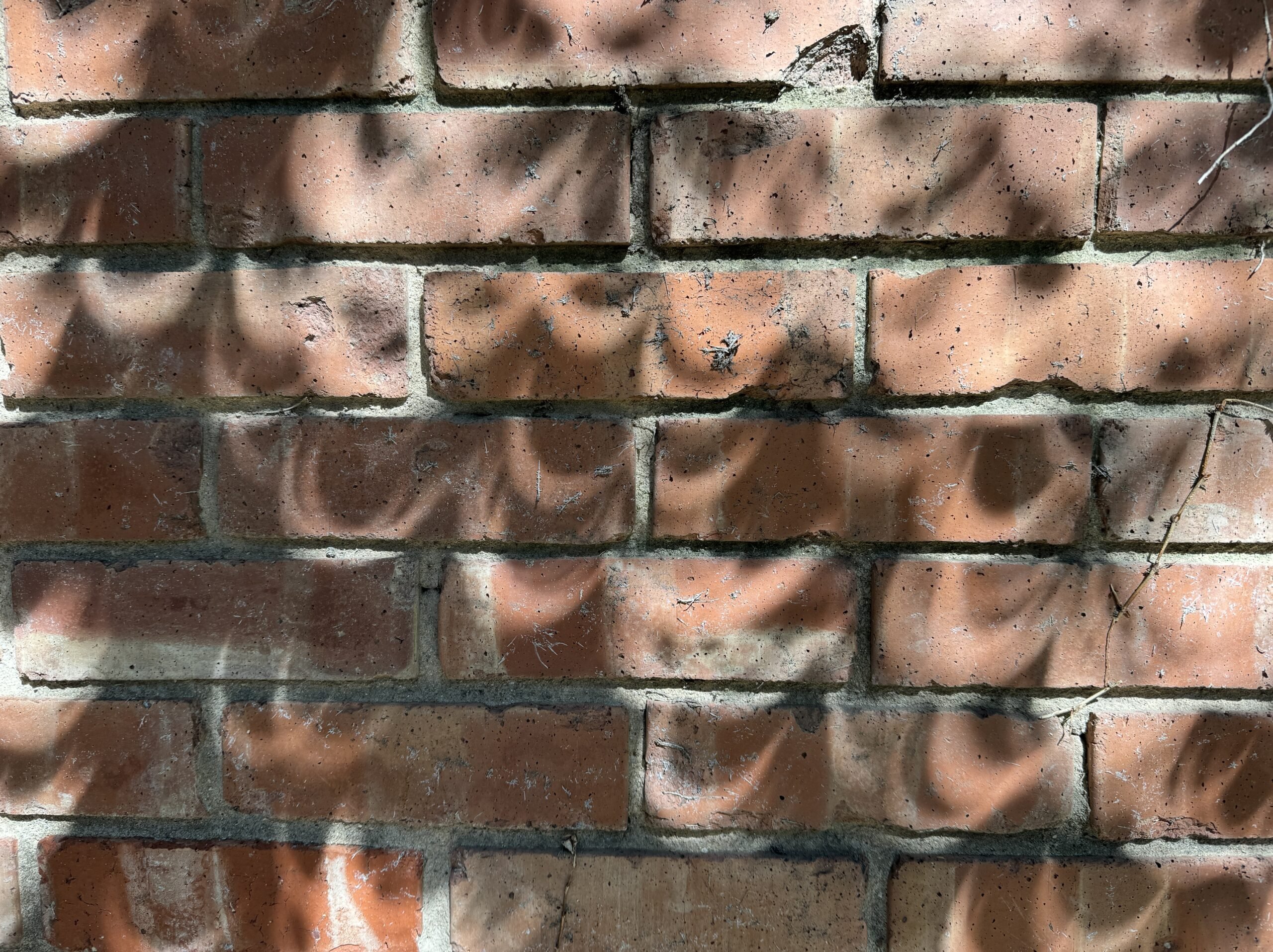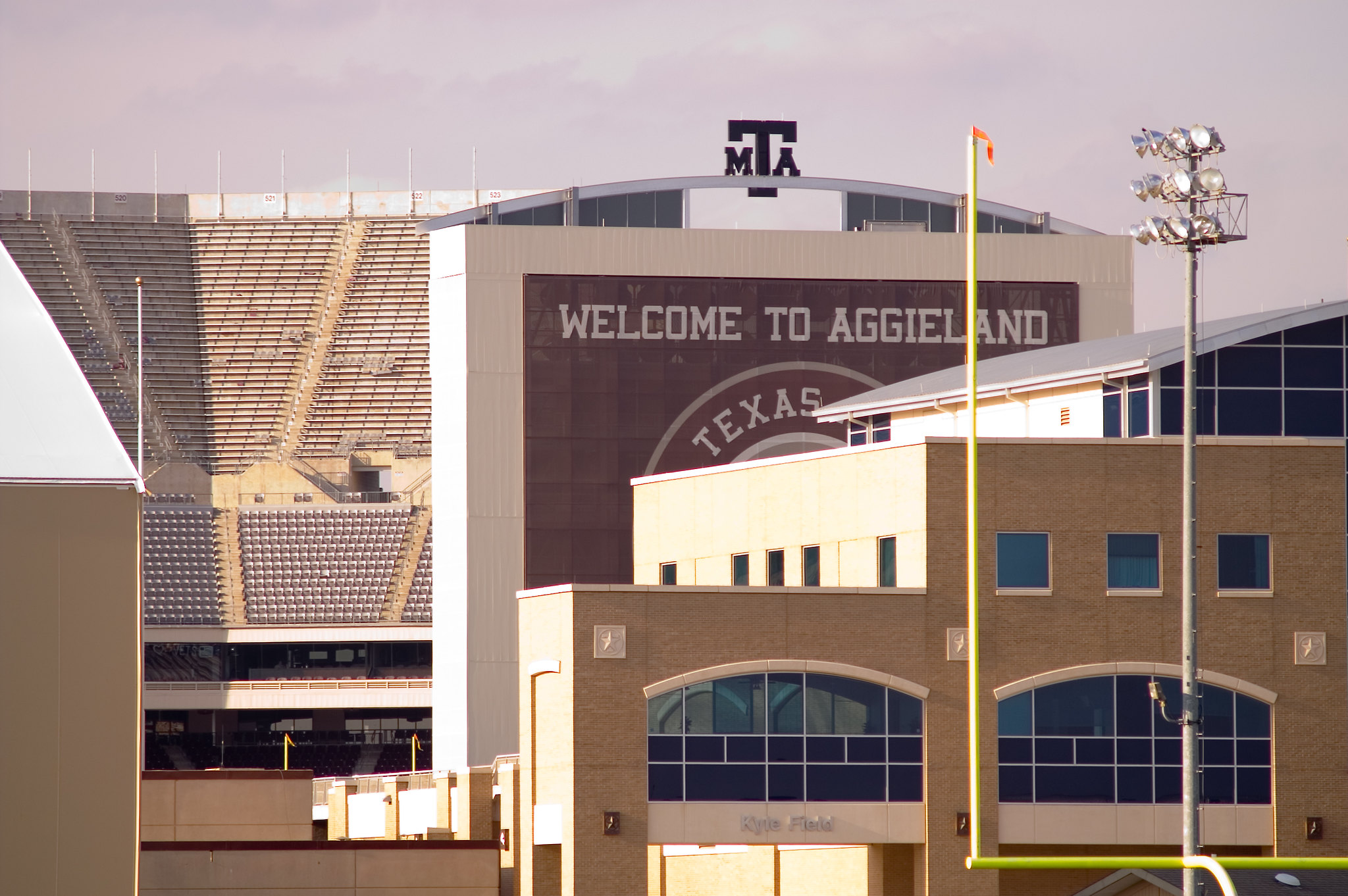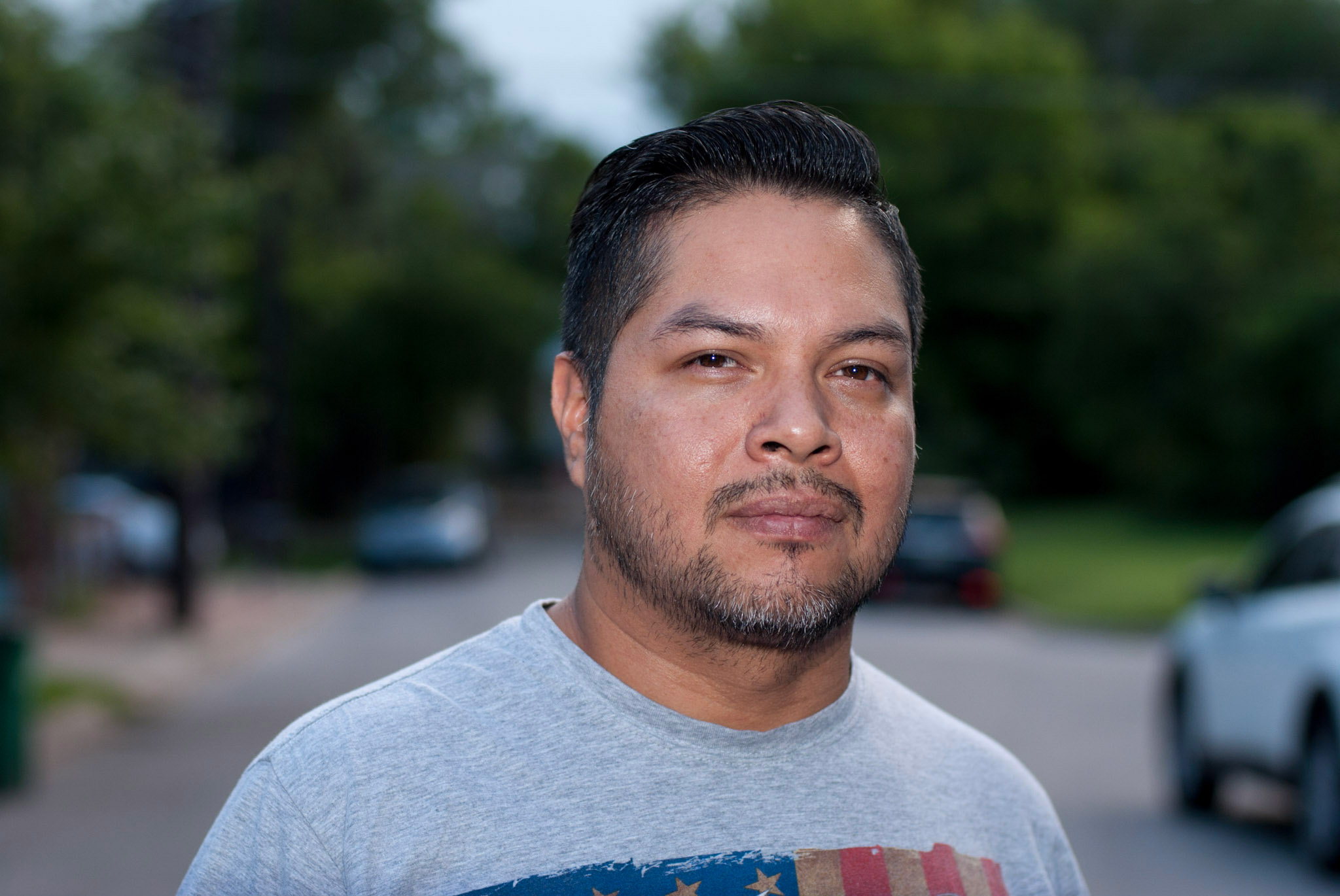
After Five Years in Exile, Mexican Journalist Fears He’ll Never Be Able to Go Home
“Every time they murder journalists, my heart hurts because I think of their families,” Miguel Lopez Solana said.

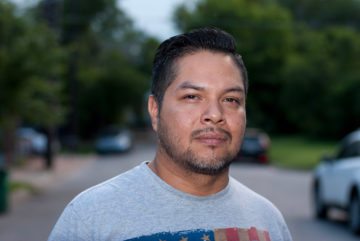
One month ago today, award-winning Mexican journalist Javier Valdez was gunned down in front of RioDoce, the newspaper he’d helped found in 2003 in Culiacán, Sinaloa. Valdez is the sixth reporter to be killed this year in Mexico, where at least 90 journalists have been murdered over the last decade. To date in 2017, the Committee to Protect Journalists has ranked Mexico as the deadliest nation in the world for the press.
Photojournalist Miguel Lopez Solana, 36, fled Mexico in 2012. He comes from a family of journalists. His father, Miguel Angel Lopez Velasco, was a noted columnist and author who wrote under the pen name “Milo Vela” about crime and politics in the port city of Veracruz. His younger brother, Misael, was also a photojournalist. All three worked for the newspaper Notiver. On June 20, 2011, Lopez’s father, his mother, Agustina, and brother were brutally murdered by gunmen at their home in Veracruz.
Fearing that he would be next, Lopez fled Veracruz the day of the funeral. Assisted by the publication La Jornada, he found work in Mexico City. But one day he came home to find his apartment had been ransacked. Convinced he was no longer safe in Mexico, Lopez and his wife made the difficult decision to apply in May 2012 for political asylum in the United States. They were granted asylum the following year.
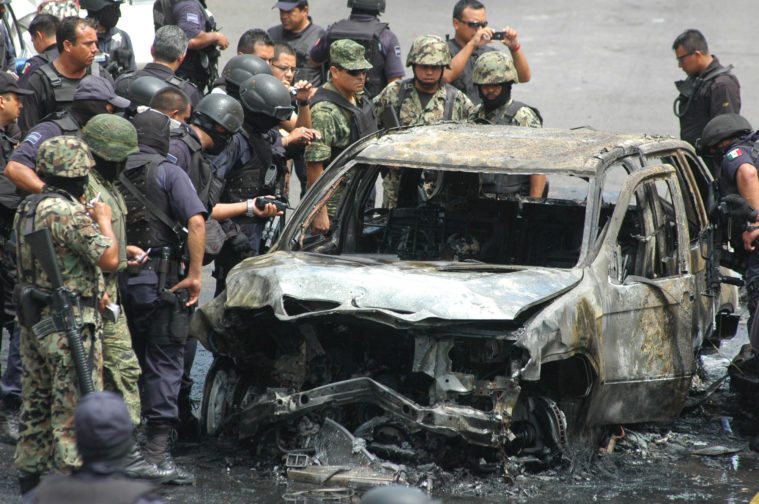
Since then, Lopez and his wife, Vanessa, have had to learn a new language and start their lives over. To date, the murders of Lopez’s parents and younger brother have never been fully investigated. Lopez sat down with the Observer to talk about the worsening attacks on journalists and freedom of speech in Mexico.
Texas Observer: How is the situation in Veracruz now for reporters?
Miguel Lopez Solana: The situation in Veracruz and in Mexico continues to get worse. Unfortunately we continue to suffer the loss of fellow journalists in Veracruz and in other states where the drug traffickers have taken over politics and public life. Now narcotraffickers even order a candidate killed or kidnapped if they don’t like him or her. This problem has grown because the money produced by drug trafficking is siphoned through political campaigns and public funds in order to launder it. Human trafficking, alcohol sales, pirated media sales, the clubs and nightlife — everything is controlled now by organized crime.
TO: Have you heard anything about the investigation into the murders of your family?
ML: A lot is said. In Veracruz, they created a commission called the State Commission for the Attention and Protection of Journalists under [former governor] Javier Duarte. The commission is a macabre joke — each member earns around $1,000 a month, which for Mexico is a lot of money. They treated Javier Duarte like a king, and like a person who respected freedom of speech, which was a lie. Now the commission is obsolete. Many of my fellow journalists in the state of Veracruz consider it a white elephant. It is good for nothing.
TO: Your father wrote about crime, politics and other issues happening in Veracruz. How did he react when organized crime started to infiltrate the city?
ML: Usually on Sundays my father liked to gather with the family and talk about what had happened during the week. There was an increase in halcones [cartel lookouts] and an increase in armed people in the streets. He would self-censor out of fear. He’d publish that so-and-so businessman had won a weekend trip, but in reality it was that he had been kidnapped. He was careful, he tried to take care of the family, to take care of us. Of course he received threats. He was kidnapped. I remember on several occasions we could not find him for about two hours, then he would turn up saying he was fine, so we would not be afraid.
TO: You were writing crime stories and shooting photographs at night. Were you ever threatened?
ML: Yes, I was kidnapped. Three men in Agencia Federal de Investigación [Mexico’s equivalent of the FBI] shirts got out of a car and one of them tried to hit me with his AR-15. They handcuffed me and put me in their car. We ended up behind the Mar y Tierra Hotel. I was handcuffed in the back seat. Then a man with a glass eye arrived; he sat in the front and faced me asking, “Do you know who we are?” I just hoped to get it right and I said “Zetas.” The man put the muzzle of the AR-15 in my mouth and I bit it. He tried to pull it and I bit harder. “Let go!” he said, and I answered, “You will kill me but you will remember me.” Some police officers showed up and just stared. Then the man said, “We are watching you, and if we find you on the streets again we’ll kill you.” When my father and the newspaper found out, they changed me to the morning beat.
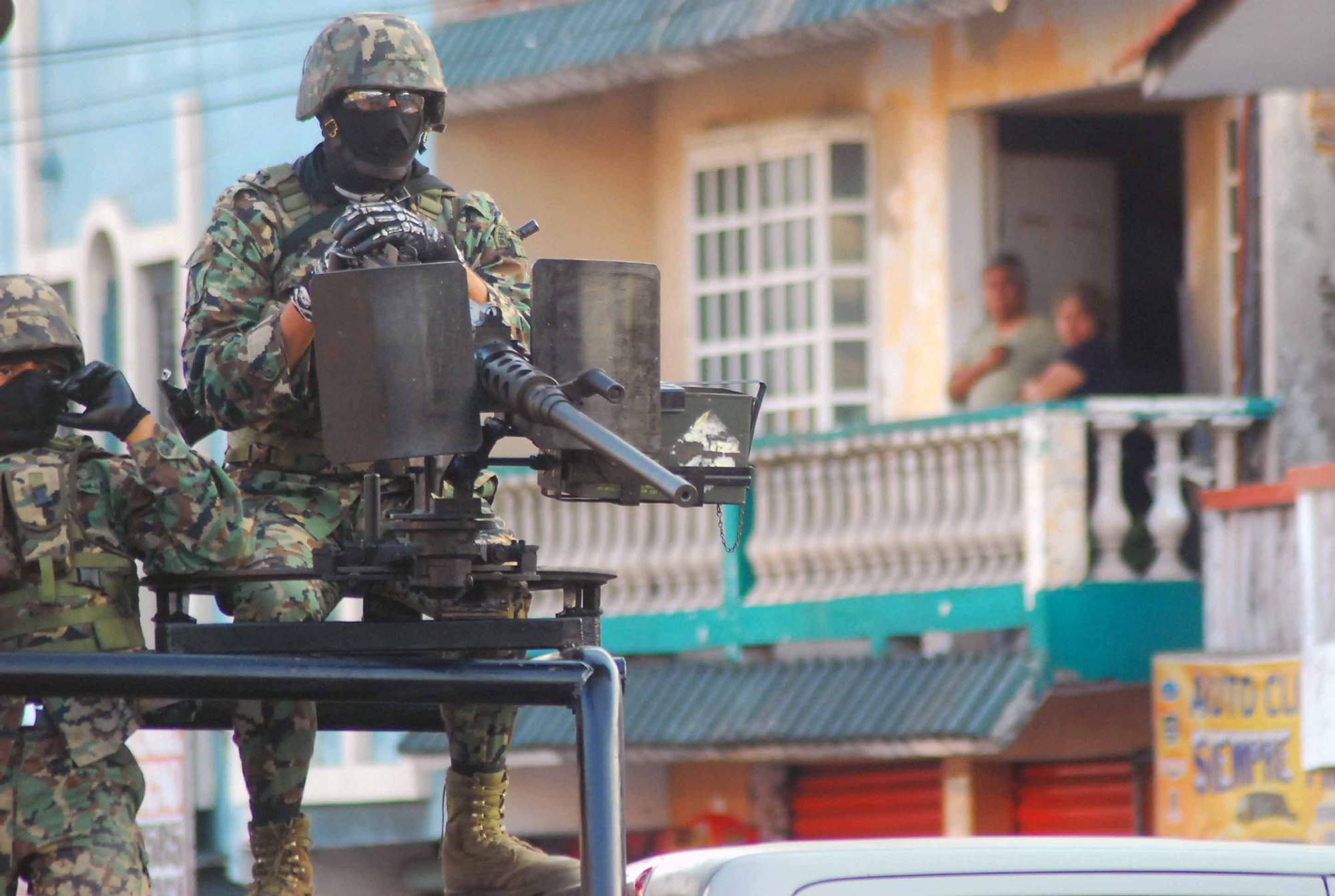
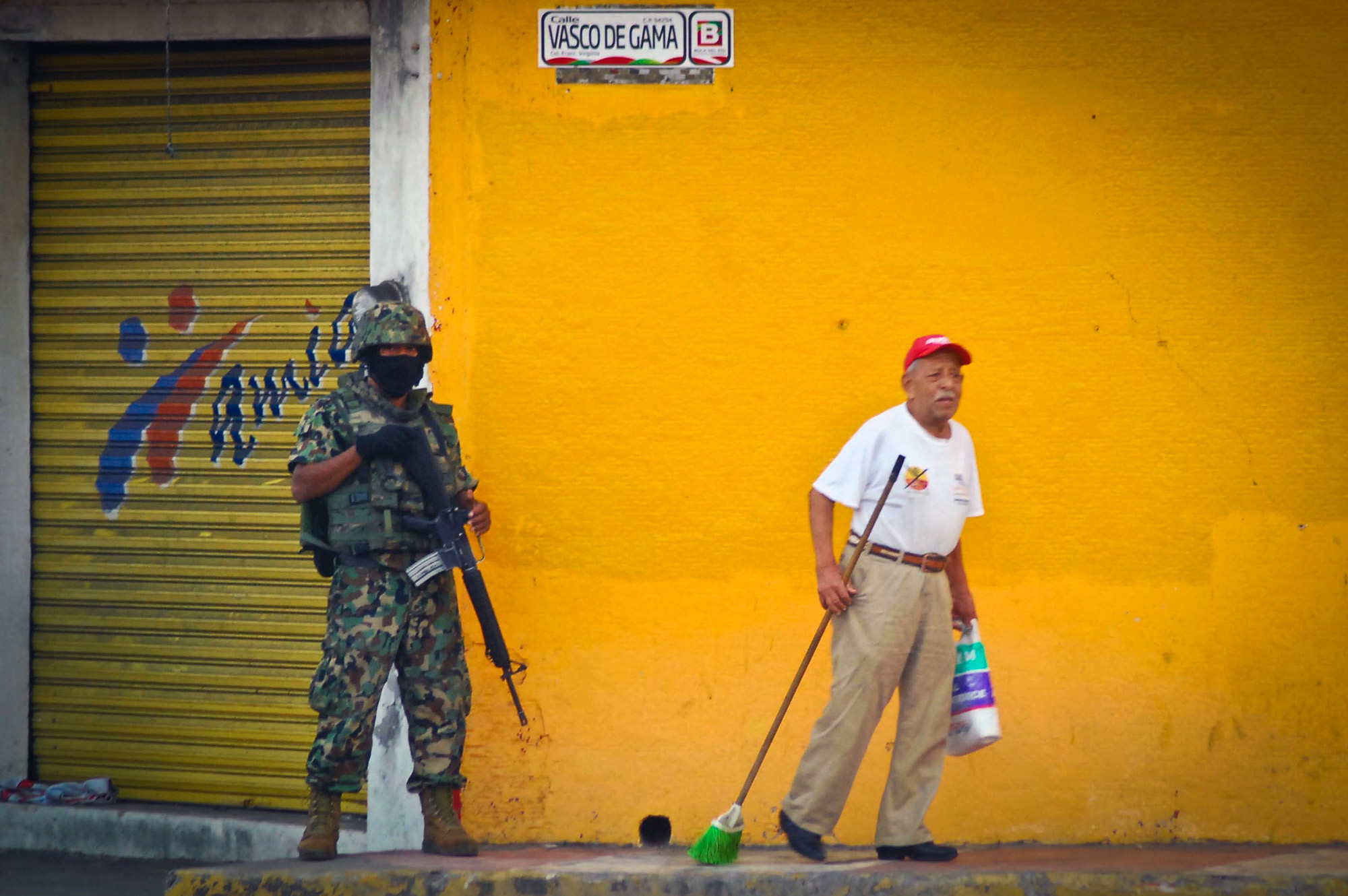
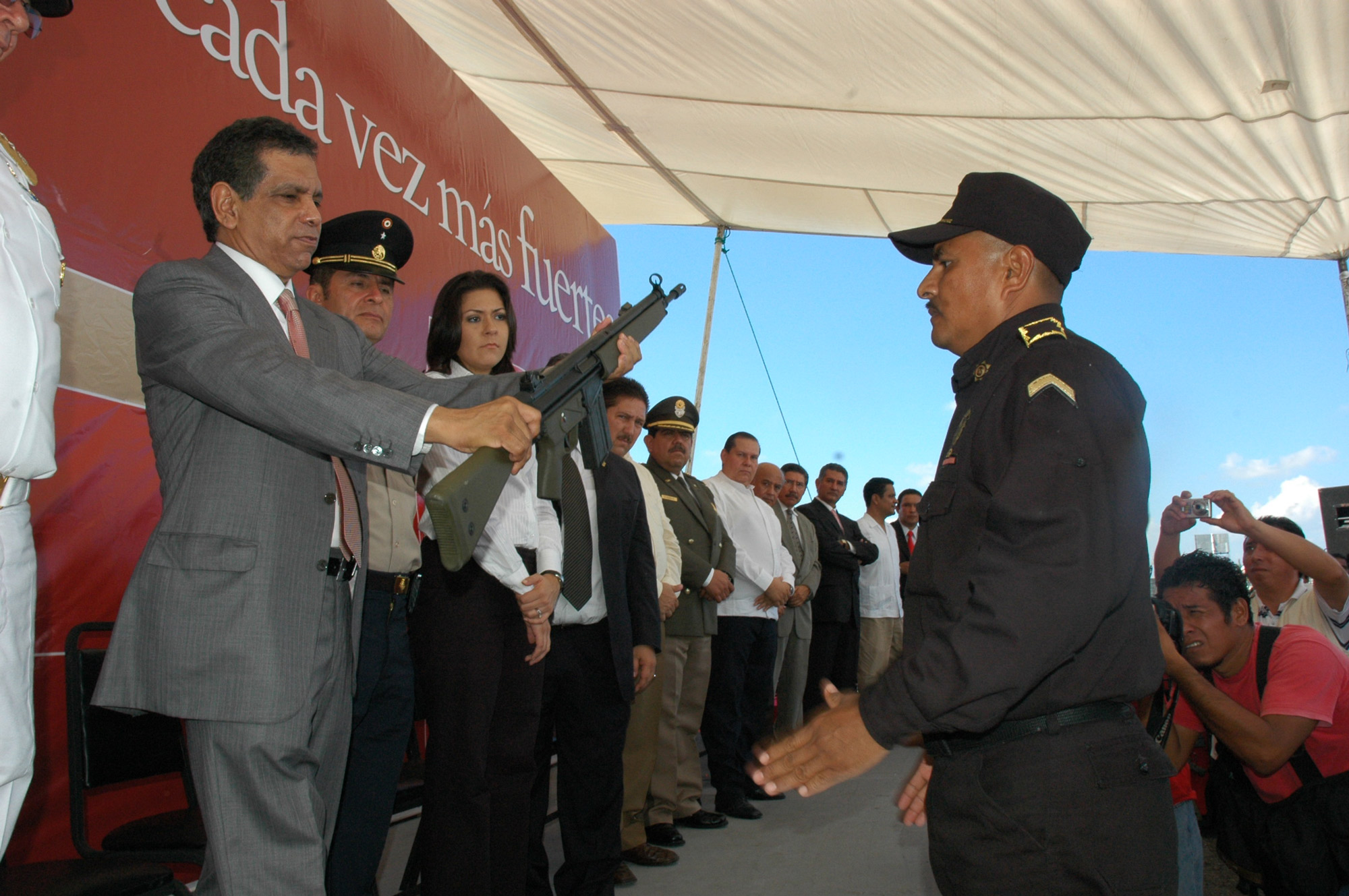
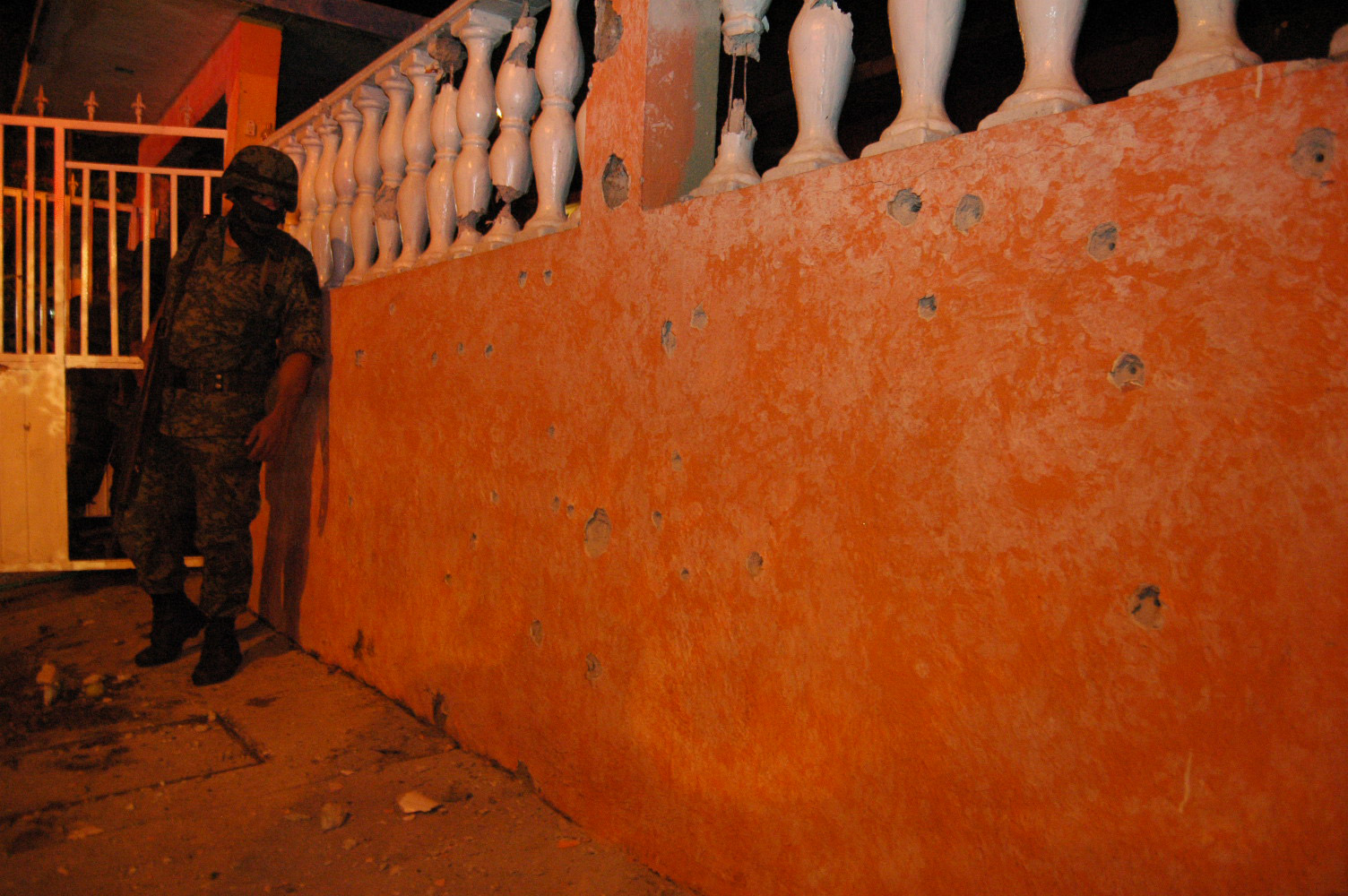
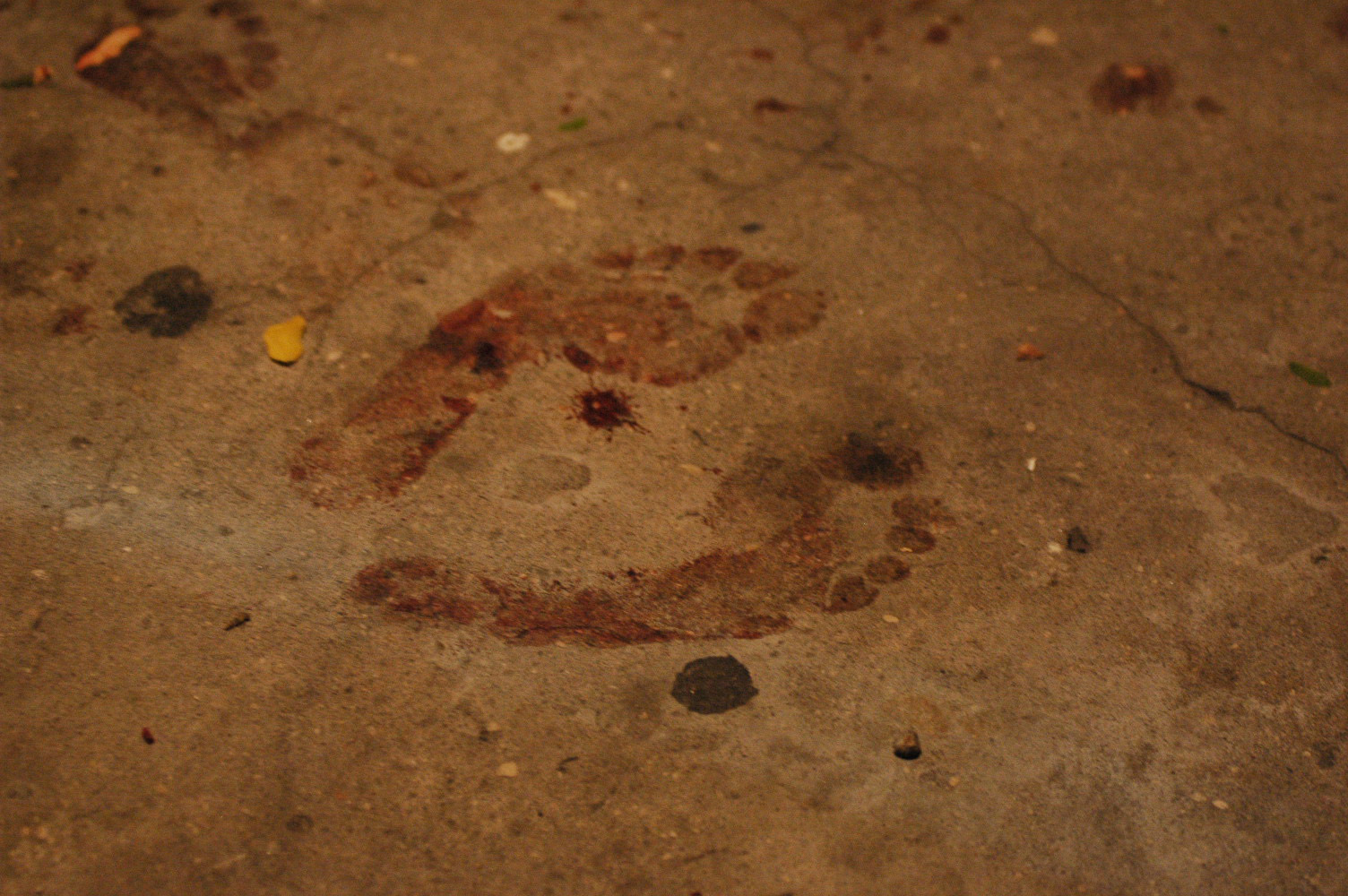
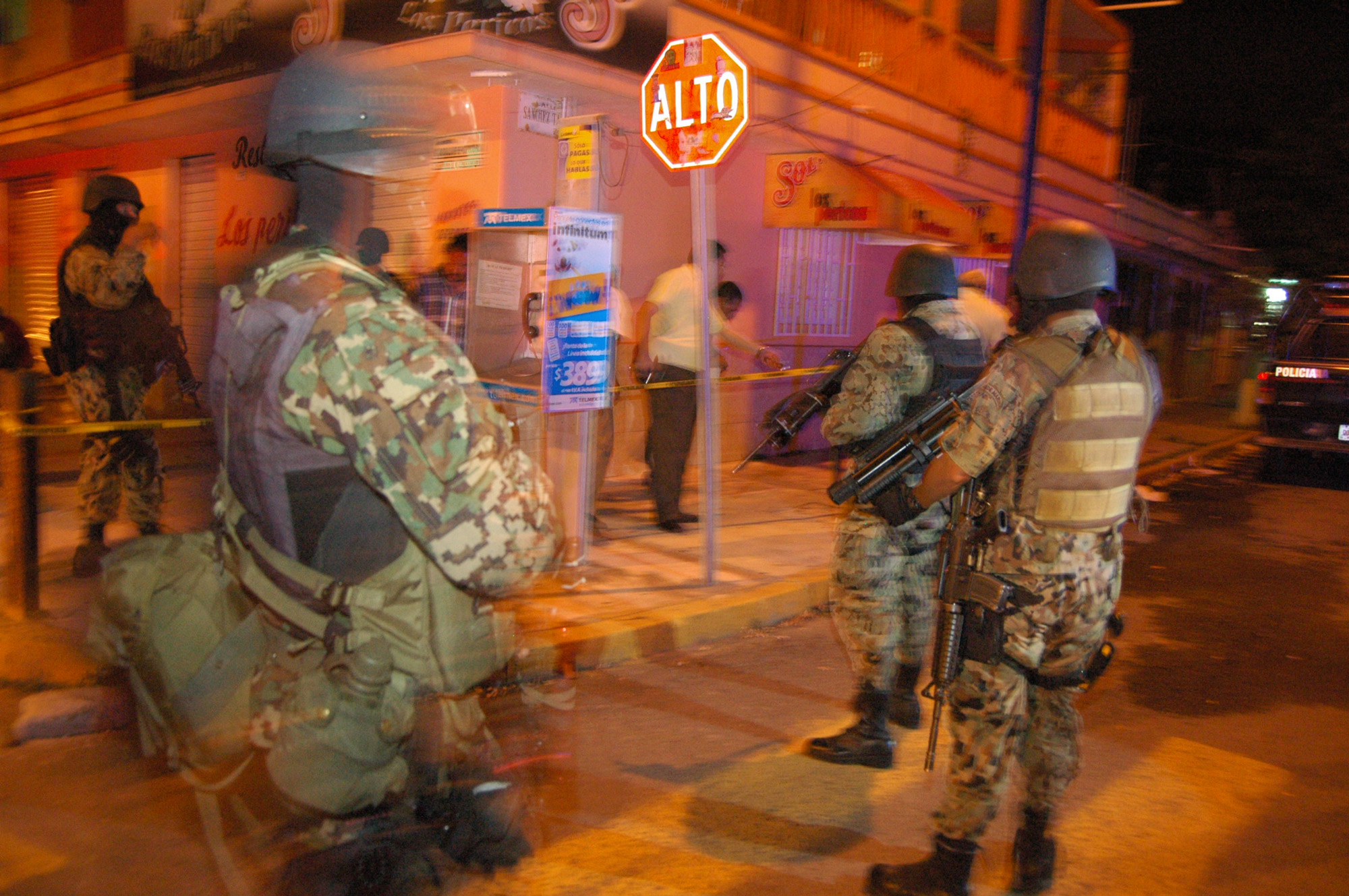
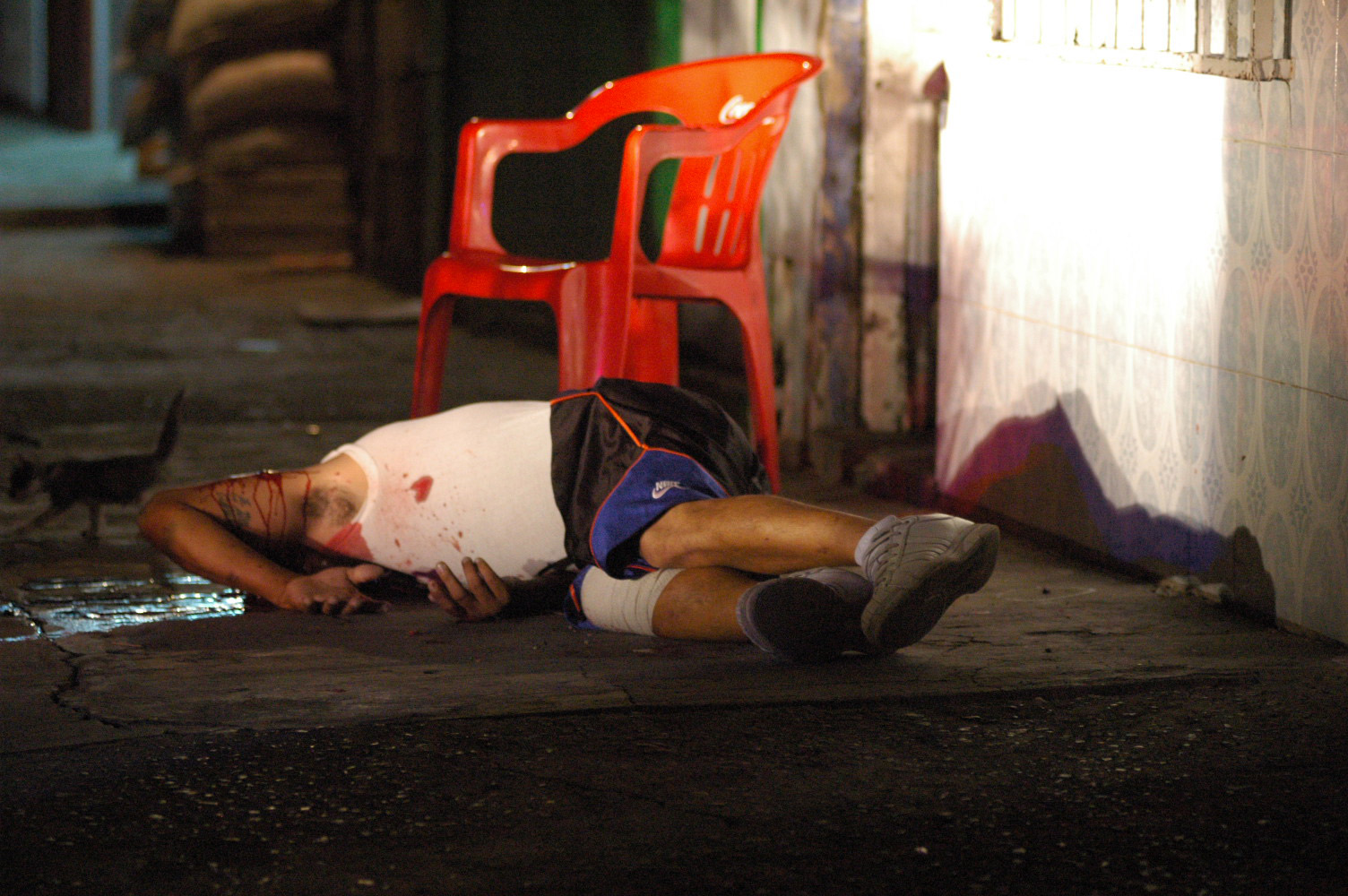
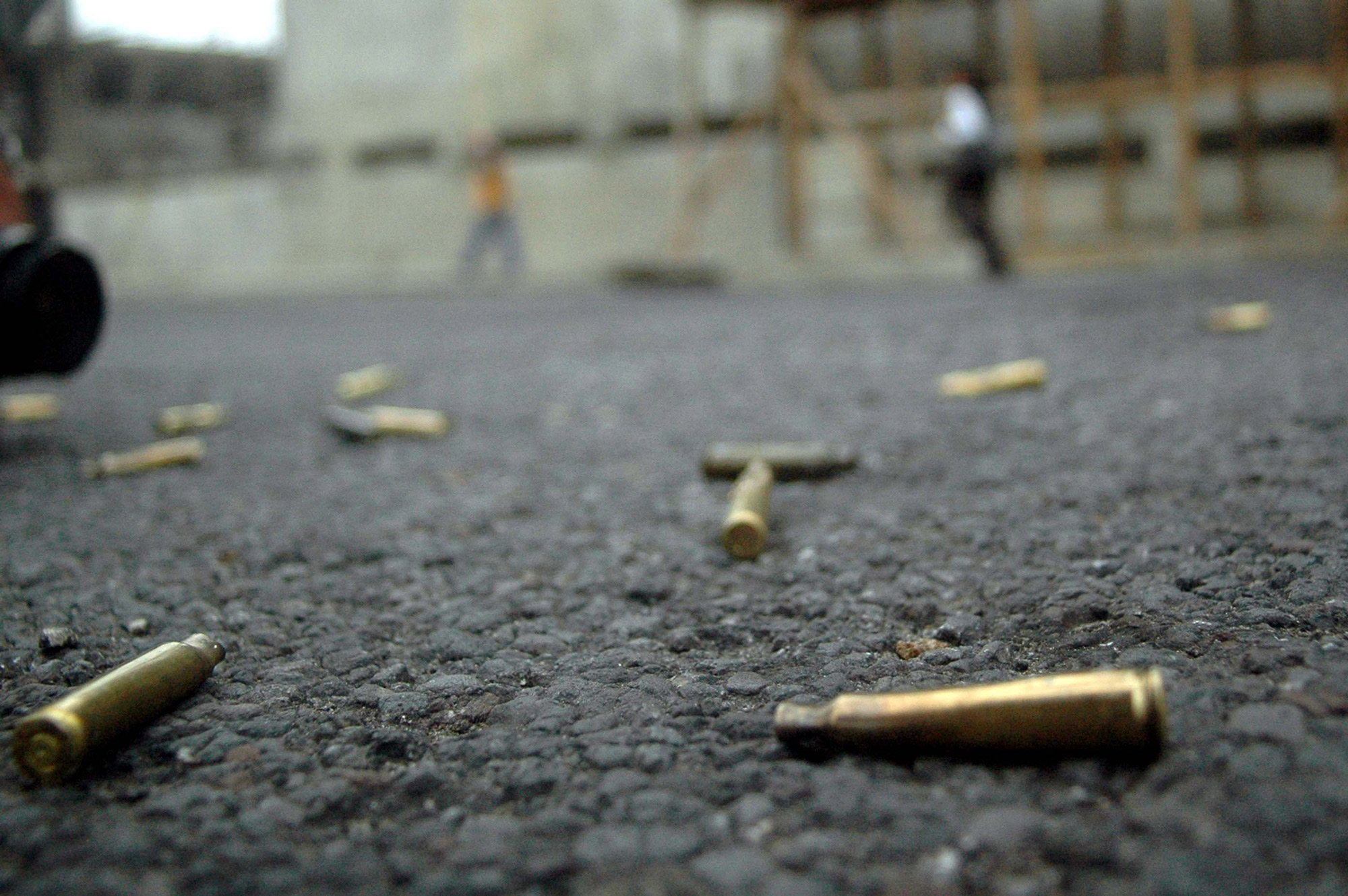
TO: Many reporters have had to flee Mexico because of death threats, but it’s very difficult financially and psychologically. How did you manage to leave?
ML: I went straight from the cemetery [in Veracruz] to the airport to travel to Mexico City with the support of the newspaper La Jornada. They had me protected at the newspaper; they supported me financially and psychologically for six months. But then one day we had to leave. When I came back to my apartment in Mexico City, the door was open and everything was scattered. I told Vanessa, “Put our things in the car.” I gave everything away to the neighbors — milk, eggs, everything. I also called the guy who collected the rent and told him I had to go and wanted to pay what I owed him. But when I saw him, I noticed he was shaking and nervous. This also showed me that things were not right. So I hauled everything, suitcases, and clothes and whatever we had, [and] I started putting it in the car. I don’t believe in coincidences.
TO: What did you do next?
ML: We drove directly to Reynosa on the border. We applied for tourist visas and the first idea was to come to the United States for the six months that the visa allows. We didn’t know where to go or what to do. We got to Corpus Christi, where we lived in a hotel, and then we learned that our compañeros Guillermo Luna, Gabriel Huge and Esteban Rodriguez were found dismembered inside plastic bags in a canal in Veracruz. They were friends from work. We reported together; we helped each other with sources. After that happened, I started contacting organizations again, Reporteros Sin Fronteras, Articulos 19, CPJ [the Committee to Protect Journalists]. In Corpus Christi was when we really decided to seek political asylum, so we contacted all the organizations and they put us in touch with immigration attorney Carlos Spector.
TO: What kind of advice would you give journalists who need to leave the country?
ML: We were fortunate we could get the tourist visas, because it saved our lives. My father always told us we had to be prepared for anything, and that meant being up to date with bank documents and other documents in case you had to leave quickly. Even now when we applied for legal permanent residency, the lawyer that helped us said we should keep everything. We have even kept the letters for the visas, proof of residency. You don’t only need to document everything in your work, but also in your life.
TO: What is it like living in exile?
ML: At the beginning it was very hard. You don’t know the language, the customs. You are afraid of everything. We didn’t want to leave our room or the house. I didn’t want to step on the street because I was afraid of being deported. You live in fear; I completely understand the fear that migrants feel, with [Senate Bill 4, the anti-“sanctuary cities” bill]. Little by little we began to understand English, and when they gave us a work permit, we applied for jobs in Spanish, but here they want bilingual and we only speak one language. So I started working in a kitchen, cooking and washing dishes. Vanessa became a maid. You start from zero. Minus zero, really. It is very difficult and frustrating. Vanessa lost her hair. I developed stomach problems. But we slowly improved and have much better jobs now. We both speak English and Spanish.
It took us two years to get asylum and legal residency, because we needed the money to pay for it. Next we will apply for citizenship. We feel emotional when we hear the national anthem of the United States and thankful for the support from the U.S. government. But we also feel sad because I think we were one of the few to get political asylum. It seems much more difficult now. [Journalist Martín Méndez Pineda, fleeing death threats in Mexico, abandoned his asylum petition in May after being held in detention for more than three months. Mendez had passed a credible fear interview with Immigration and Customs Enforcement and had several letters of support from international press freedom organizations, but was denied parole.]
TO: Do you think things will get better in Mexico?
ML: Four or five years ago we thought things were going to change for the better, but really they are getting worse. The number of journalists murdered by organized crime keeps growing. It is the narcopolitics that feeds all this crime. Every time they murder journalists, my heart hurts because I think of their families. As a journalist in exile, I don’t see things changing.
